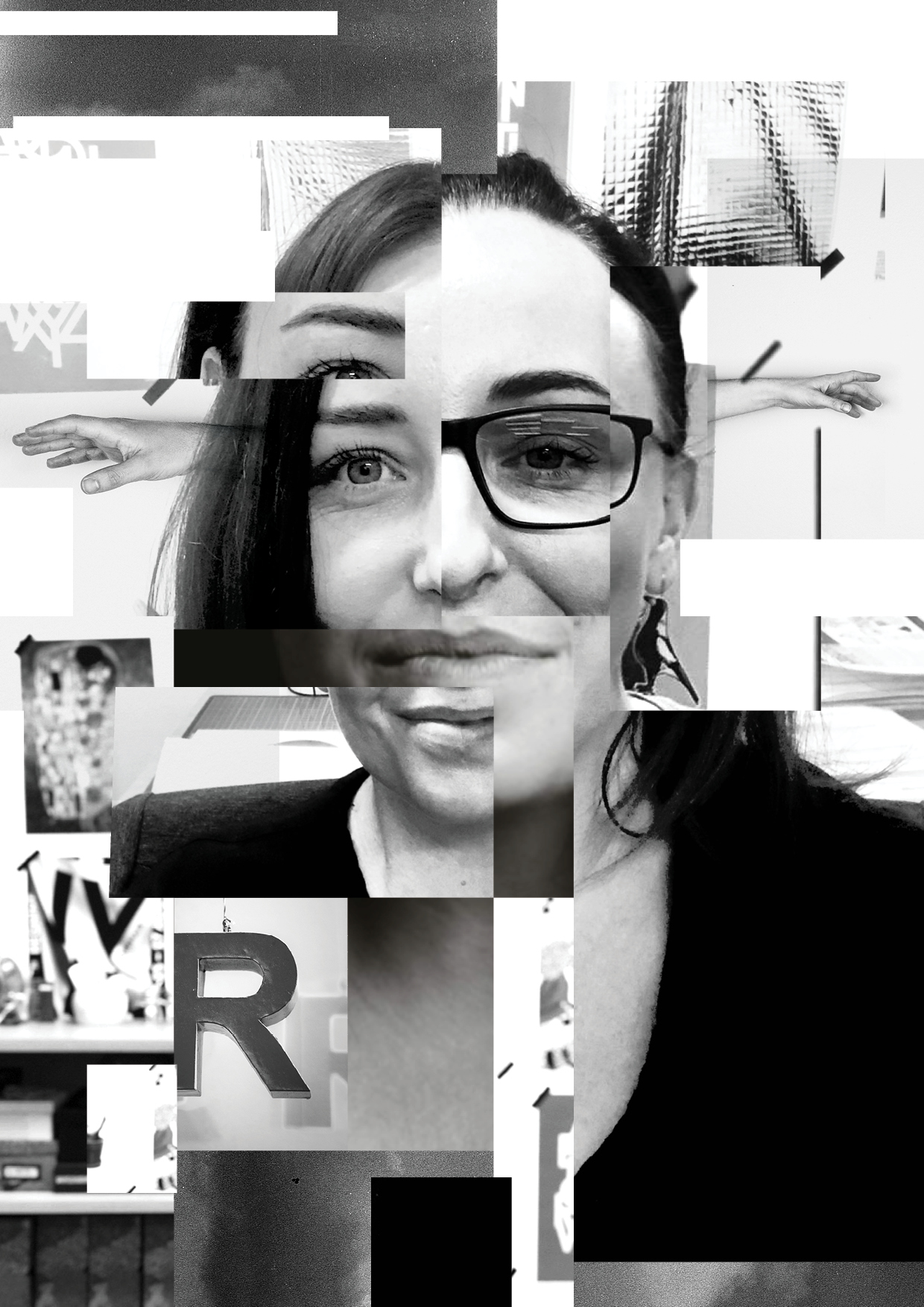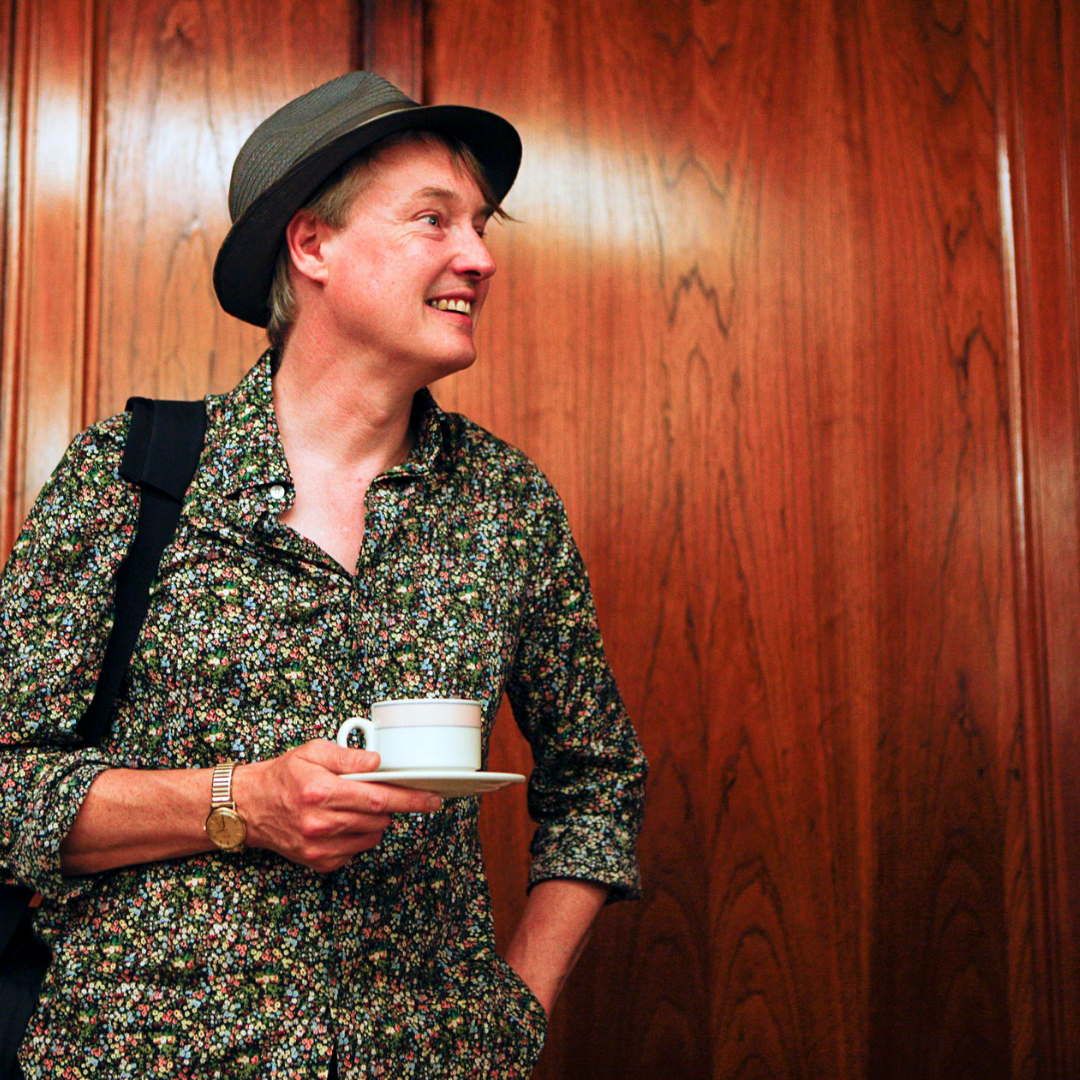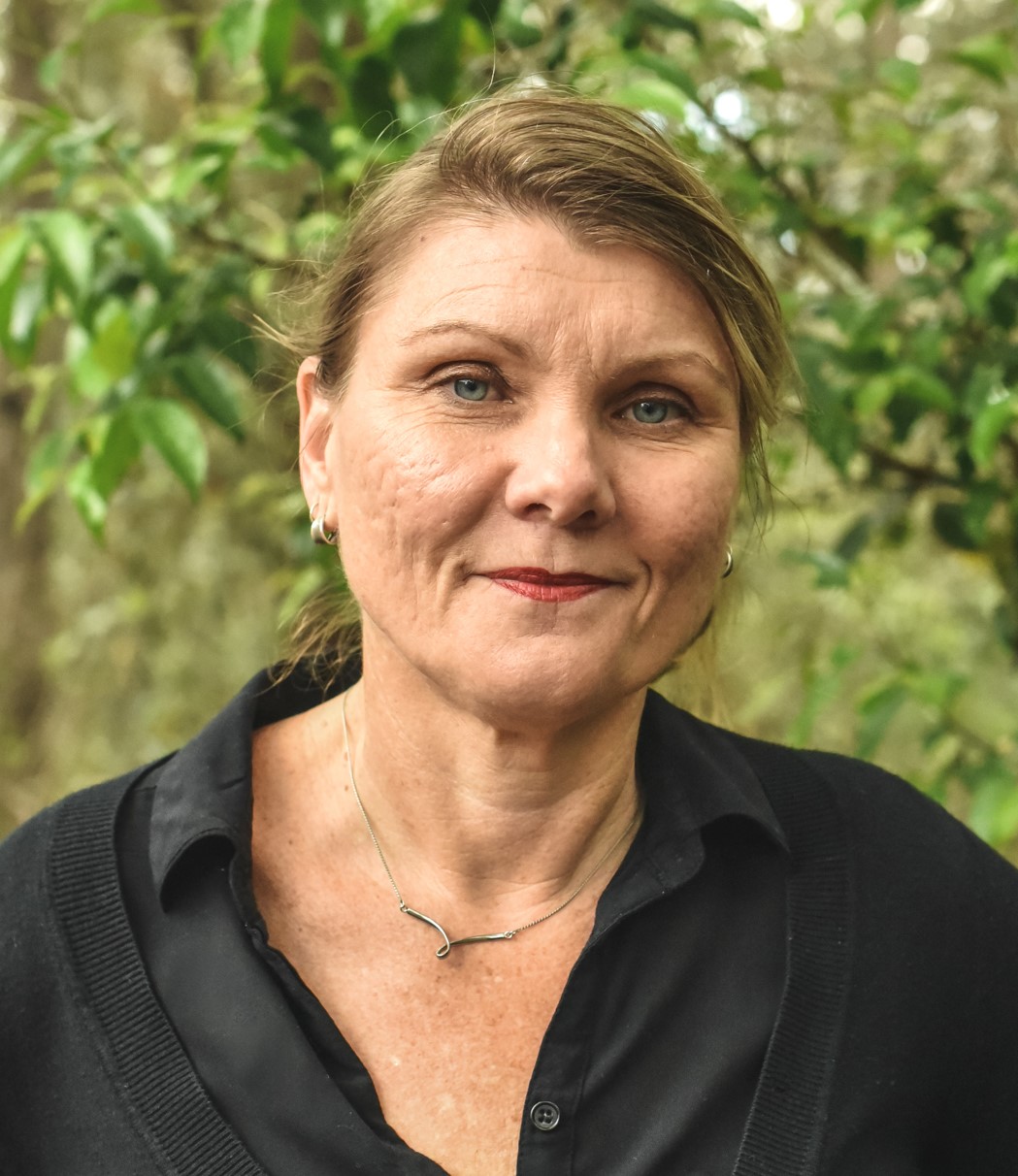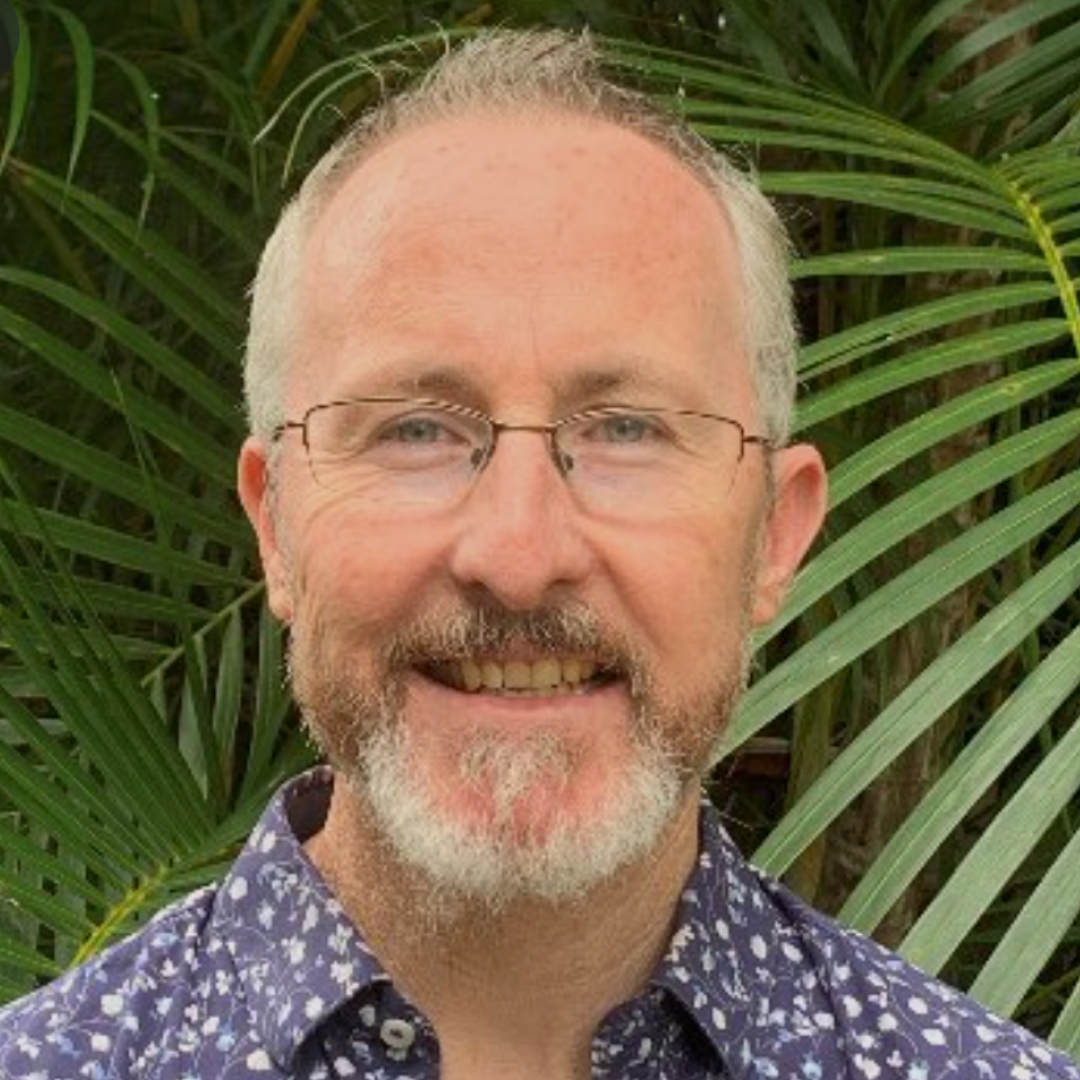Let's chat about ChatGPT
In terms of tech and AI evolution ChatGPT is the hottest topic in the world right now, and most industries are scrambling to respond.
While there are no concrete answers yet in regard to this nascent technology, the PL Hub asked a number of academics across Griffith University, from a myriad of disciplines, for a 100 word response to ChatGPT (or DALL E or Midjourney). The answers, of course, are varied. There is no one dominant narrative. The responses form a chorus of voices, in concert with one another. The only consensus seems to be that grappling with the ramifications of AI means means grappling with what it means to be human.

Professor Donna Pendergast
Director Engagement, Arts, Education and Law
The genie is out of the bottle
Launched in November last year, ChatGPT shocked the education community, being a brilliant example of innovative disruption, establishing itself where no equivalent previously existed. ChatGPT represents a shift because of its versatility, accessibility, responsiveness, speed, and ability to mimic and curate. Who hasn’t had a play with it yet? The ease of access is stunningly impressive.
The response in education circles has ranged from panic and shock, some systems banning it literally overnight; to seeing it as an opportunity, embracing it, actively encouraging experimentation and devising pedagogical approaches that promote critical investigation and exploration. The latter is the position to which I subscribe. Let’s face it, the genie is out of the bottle. Rather than ban it, we need to consider how this tool might be of value in learning and how we can innovate, shifting some of the taken-for-granteds that shape how we traditionally do learning. And maybe, this might be a tool that will ease some of the demands on teachers, a possible panacea for the work intensification that plagues the profession. Importantly, we need to understand the limitations and biases that are inherent in the tool, and how this might reinforce and privilege dominant discourses, values and belief systems. One thing is for sure, the introduction of ChatGPT is a stunning insight into how advanced and powerful AI has become, and this has reignited questions of ethics, accessibility and equity; challenges education has yet to conquer.
Perhaps most unsettling is that ChatGPT raises the more confronting fear of the potential threat to humans of AI. What was that HAL?
Don't panic
The moral panic surrounding chatGPT is misplaced. So what if it can write an essay? Whether we like it, or we don't, students are going to use these tools. The choice is pretty clear. We have to figure out how to use these tools to challenge students to think differently about how to use things like ChatGPT to solve our biggest problems. We still have poverty, inequality, and wicked problems. Why are we concerned about students using a technology that at best presents answers anybody could find on the web anyway? We should be using these technologies to be creative so we can solve these enduring problems and develop a creative assessment strategy that pushes their boundaries.
Professor Luke Houghton
Department of Business Strategy and Innovation
Professor Julian Meyrick
School of Humanities, Languages and Social Science
Yet another attempt to outsource a humanity we have yet to fully discover in ourselves.
From the eighteenth-century mechanical chess-playing Turk of the court of Empress Maria Theresa of Austria, to the malevolent interplanetary on-board computer, HAL, in 2001 A Space Odyssey, our fascination with constructing robotic versions of ourselves continues. ChatGPT’s technology might be new, but the ambition behind it is as old the legend of the golem.
It is, of course, no kind of intelligence at all. A key component of human cognition is emotion. There is a difference between knowing how to drive, and remembering how you learnt to drive. How your nearly crashed the family car. How you crunched the gears, until you didn’t. Without corresponding feelings of affection, dislike, remorse, aspiration and delight, AI is a glorified sorting machine of the kind philosopher John Searle described in his famous Chinese Room thought experiment.
One fear is that ChatGPT will write students’ essays for them. So far it seems unable to summarise material without committing fundamental errors, or simply making stuff up. In this it is probably more realistic than when its “reading function” is perfected.
Carl Sagan was right. The question is not whether there is intelligent life on other planets, but whether it exists on our own. Come to think of it, it is a good one to put to ChatGPT, to see if it displays that most indefinable but precious of all human acuities: a sense of humour.
I stand with Nick Cave
I asked ChatGPT to write a play about AI and sustainability. I won’t bore you with the results. Suffice to say: Technically, ChatGPT had craft because it followed the ‘rules’ of form and style. What it didn’t have is what makes creativity a uniquely human practice: the writers’ own ‘voice’, passion for a subject, a sense of humour, and awareness that someone is listening at the other end – an audience, a reader. So I stand with Nick Cave: art isn’t simulacra or mimesis. It is horribly real and sometimes really horrible. But I would rather read bad scripts than ordinary AI.
Dr Saffron Benner
Manager, Sustainability Office
Dr Wade Hadwen
School of Environment and Science
Plenty to gain, but what will we lose?
We’re at, if not already over, the crossroads with AI. The changes have been coming for some time, but ChatGPT has elevated the conversation to the point that it is now our reality. For me, ChatGPT is amazing, but I’m equal parts excited and terrified. I’m excited for the computational power that AI brings, especially for research and teaching – we’re realising new applications and opportunities every day and we can’t even imagine what we will be able to do with AI, or perhaps what it will be able to do without us, in a few years from now. I’m also terrified about what this might mean in terms of what we may lose. What will happen to human creativity and independent thought as AI takes on more and more of our tasks? I know ChatGPT can save us a lot of time, but as our reliance on AI grows, I wonder how quickly we will lose our own capacities to write, synthesise, interpret, think and create? At a time where the need for transformative approaches to the way we live and use the planet’s resources is paramount (we certainly cannot just rely on business as usual and the internet up to 2021!), we need empathy for people and the planet to help chart a new course. Can we afford to hand this over to AI? I’m looking forward to more society-wide ethical conversations around the use and boundaries for AI, in all aspects of our lives, because while the gains can be tremendous, so too can the losses.
Who is ChatGPT?
Ok, let's ask it some questions and see who we are talking to.
What will be its impact on universities and businesses?
It answers that the impact will essentially be fundamental, and this was all explained within a very sensible piece of text. So sensible, it was dull.
So, to spice things up, I asked it to be edgy and sarcastic.
It responded but the answers were akin to something that had been written by someone who doesn’t really get sarcasm.
Could it do a condescending response.
No, it doesn’t do disrespectful. Yawn.
So, who is ChatGPT? A picture is forming in my brain. A pale stale male doing their best self? Perhaps. The best Californian liberal you ever met? Possibly.
Is this image of ChatGPT a reflection of me, the user? Goodness, there's a thought.
Who is it for you?

Professor Nick Barter
Strategy and Sustainability, Griffith Business School

Dr Johanna Nalau
School of Environment and Science
AI and the future of learning
Will platforms like ChatGPT lead to a loss of learning if we can get automated answers in a few seconds? Will it provide us with comprehensive answers without us having to search or analyse? While AI tools and techniques have potential to help us in sorting information better and faster, there is something that humans will keep excelling at: understanding the implicit and hidden foundational assumptions behind information and text. To understand why something has been written in a particular way demands critical analysis and a mind that is capable of seeing more than the words or spit out textbook answers. This capability should be a key area in our education systems: to question, to explore, not to accept standard answers as they are but keep asking why. That is where real innovation begins.
By the time these 100 words are published, it’s likely that things like DALL E and ChatGPT will already be old news.
Technology moves and morphs so rapidly – and being a designer requires being comfortable with embracing change. As the only ‘geriatric millennial’ of the Queensland College of Art and Design, Design department – I occupy a unique position, somewhere between remembering the sound of dial up internet, and not owning a TikTok account. The academic community within our department, utilise and share our collective life experiences to ensure that our students graduate with the confidence working with the new and unknown. We are excited about the potential opportunities for AI to support our creative practice across visual communication design, interior and spatial design, product design, immersive design and interaction design. We are excited to lead research that supports its ethical and sustainable use. We are excited to see what comes next.

Dr Rae Cooper
Queensland College of Art and Design

Associate Professor Katherine Main
School of Education and Professional Studies
ChatGPT will struggle in the hotbed of a real, live classroom
Student teachers learn the theory and then apply that theory in the classroom to develop the expertise necessary to become ‘classroom ready’. For some, ChatGPT may seem to be the path of least resistance and an easy way to navigate the written assignments that are a key part of understanding the theory. Good practice can only be replicated across contexts when it is underpinned by a strong theoretical foundation. Generally, the theory is multi-layered and includes aspects from neuroscience, developmentalism, and the curriculum and can be daunting to understand. Thus, learning to teach is a journey of ‘productive struggle’ that requires effort and develops perseverance as well as creative problem-solving skills. Teaching is an experiential profession and ChatGPT or any other AI platform cannot replace or replicate the problem solving that is required to make the approximately 1500 decisions teachers make on ‘the fly’ per day. They are constantly drawing on all their expertise and experience and applying it to their classroom context as they consider the students in their class.
ChatGPT and AI tools: what are some positives for academics?
AI-based tools like ChatGPT have received criticism for their negative implications. Nevertheless, these tools possess immense potential for positive application. They can stimulate creativity in writing and art, facilitate the process of grant applications, and greatly aid in editing, which consumes a large portion of writing time. For example, I generate a preliminary draft and use ChatGPT to streamline and improve the content and coherence. Although further editing is necessary, this approach saves significant time, allowing me to finish a number of articles I have been putting off editing.
Note: I used ChatGPT to do exactly what I said above (ChatGPT's original was 140 words and you wanted 100).

Dr Heather Shearer
Research Fellow / Lecturer
The banner image for this webpage was made with DALL-E-2. (Text prompt: A photo of people going crazy using artificial intelligence in front of a computer)
Professional Learning Hub
The above article is part of Griffith University’s Professional Learning Hub’s Thought Leadership series.
The Professional Learning Hub is Griffith University’s platform for professional learning and executive education. Our tailored professional learning focuses on the issues that are important to you and your team. Bringing together the expertise of Griffith University’s academics and research centres, our professional learning is designed to deliver creative solutions for the workplace of tomorrow. As 2021 draws to a close now is the time to get a head start on your professional development needs for the coming year. Whether you are looking for opportunities for yourself, or your team we have you covered.
Contact us on 07 3735 2208



